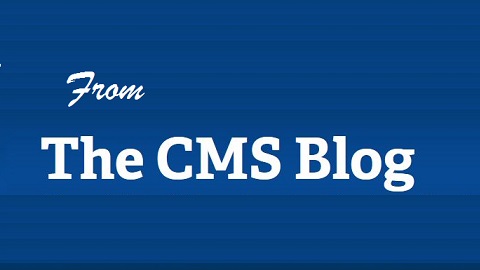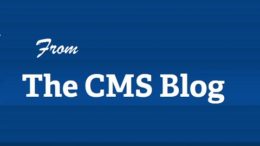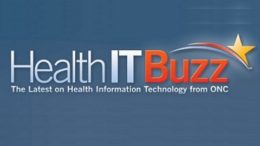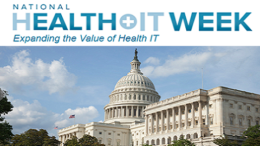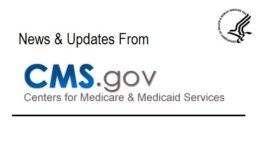New Data: 49 States Plus DC Reduce Avoidable Hospital Readmissions
By Patrick Conway MD & Tim Gronniger – The unfortunate experience of having to return to the hospital after recently being treated—or watching the same thing happen to a friend or family member—is all too common.
Read More
